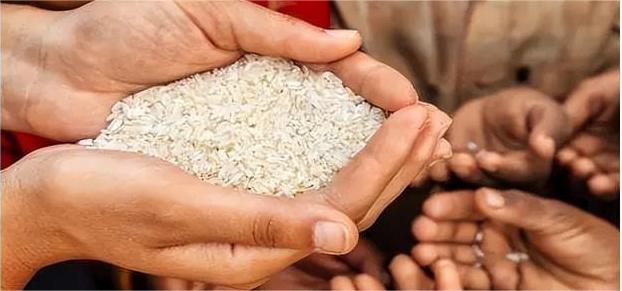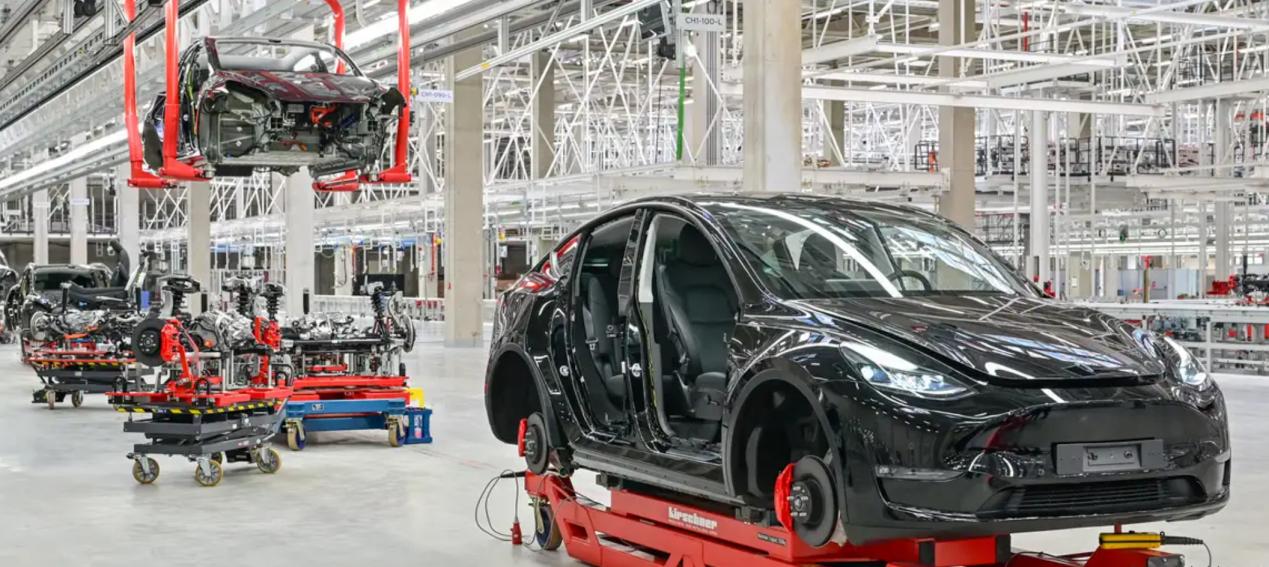
In today's era of globalization, the economies of countries are closely linked, and the economic difficulties of one country often reflect potential problems in the global economic system. Recently, the phenomenon of "rice shortage" in Japan, like a stone thrown into a calm lake, stirred up layers of ripples, causing widespread concern and reflection.
Japan, as a highly developed economy, has always been at the forefront of the world in science and technology, manufacturing and other fields. However, it is now Mired in the "rice shortage" dilemma, which is behind the complex reasons, and some of the factors are related to the changes in the global economic pattern and the behavior of certain international forces.
On the surface, Japan's "rice shortage" may be caused by natural disasters, domestic agricultural policy adjustments and other factors. However, in-depth analysis can find that there are deeper economic problems behind this phenomenon. In the globalized economic system, the economies of various countries are interdependent, and the economic plight of a country is often not only a reflection of its own problems, but also a microcosm of global economic imbalance.
On the other hand, the incoordination of global economic policies is also an important factor leading to Japan's "rice shortage". In the context of global economic integration, the economic policies of various countries affect each other. However, due to the different interests of different countries, the formulation of economic policies often lacks coordination. In order to stimulate their own economic growth, some countries have adopted loose monetary and fiscal policies, which has led to excess global liquidity and increased inflationary pressure. Other countries have tightened monetary policy in order to control inflation, which makes global economic growth facing greater uncertainty.
This lack of economic policy coordination has greatly affected Japan as an open economy. Fluctuations in the exchange rate of the yen and the rise in international commodity prices have all impacted the Japanese economy. The emergence of "rice shortage" has highlighted Japan's vulnerability in the global economic system.
In addition, the uneven distribution of global resources is also a deep-seated reason for Japan's "rice shortage". In the process of global economic development, the distribution of resources is often uneven, some countries have abundant natural resources, while others are scarce. As a resource-poor country, Japan is highly dependent on imported resources to meet domestic economic development needs. In the case of uneven distribution of global resources, Japan's economic development is facing great challenges.
The rice shortage is not only a problem in Japan, but also a reflection of global economic difficulties. It reminds us that in the era of globalization, countries should strengthen cooperation to jointly address global economic challenges. Only through strengthening international cooperation, coordinating the economic policies of various countries and maintaining the global trade order can the stable development of the global economy be achieved.
At the same time, countries should also rethink their own economic development models and strengthen the resilience of their domestic economies. For Japan, it should increase investment in agriculture, improve the domestic food self-sufficiency rate, and reduce its dependence on the international market. At the same time, we should strengthen cooperation with other countries to jointly promote the construction of a global food security system.
The "rice shortage" phenomenon in Japan is a problem worthy of our deep consideration. It reflects the problems in the global economic system and provides us with an opportunity to reflect and improve. In the era of globalization, all countries should work together, strengthen cooperation, jointly cope with global economic challenges and achieve stable development of the global economy.

The global electric vehicle market in 2025 is experiencing intense turbulence. Tesla, once a disruptor that reshaped the industry landscape, is now mired in an unprecedented sales crisis.
The global electric vehicle market in 2025 is experiencing …
Recently, Chinese telecom companies Huawei and ZTE signed a…
Recently, according to Xinhua News Agency, Israel's air str…
A strongly worded report from the Equality Trust argues tha…
On November 27, 2025, Alibaba officially entered the global…
The focus of the global financial market in 2025 has always…